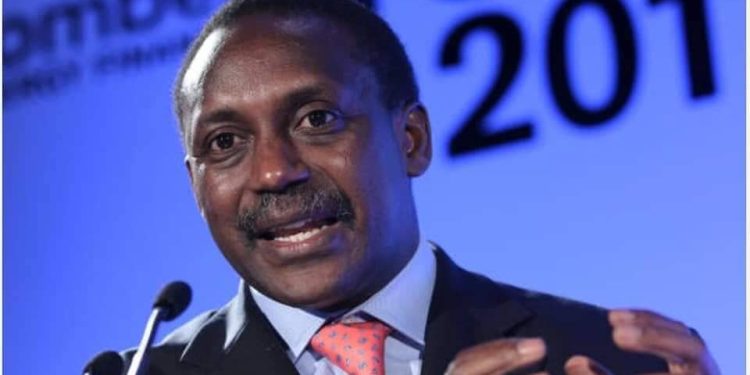By Hassan Osman Kargbo
Dr. Kandeh Yumkella, Presidential Adviser on Energy and Food Security, has urged Sierra Leoneans to assess his performance based on tangible outcomes rather than political speculation. Speaking on the “Wake Up Sierra Leone” programme on AYV TV, Yumkella responded to questions about his political future by pointing to the impact of his current role in government.
“Judge me in December 2026, or judge me when I leave the energy and the food security space,” he said. “What I have done for the country now, I would not have done in opposition.”
Yumkella, a former United Nations official and former opposition MP, said his appointment has allowed him to leverage both his domestic and international networks to deliver meaningful results for Sierra Leone. According to him, in just eight months, and through close collaboration with the Ministers of Finance and Agriculture, he has helped mobilise million in pledges to support energy and food security initiatives.
“Using my networks, we mobilised million dollars in pledges, some of which are coming in now,” he said.
The $250 million agreement Yumkella referenced is part of a larger package expected to support key infrastructure and agricultural development projects aimed at boosting food production and improving energy access across the country. The funds, he said, are beginning to materialise, showing that the government’s development agenda is gaining traction.
Dr. Yumkella’s comments come amid growing public curiosity about his future political ambitions. While he stopped short of declaring any specific plans, his focus on results and national service rather than opposition politics hints at a commitment to working within the current administration to achieve development goals.
Analysts believe Yumkella’s remarks are aimed at reframing the public perception of his political role—away from partisan lines and more towards effective governance and delivery. His insistence on being judged by outcomes, particularly by the end of 2026, aligns with the government’s broader narrative of accountability and performance.
Critics, however, may argue that pledges and signed deals must be backed by implementation and real impact on the ground. In a country where past aid and development funds have not always translated into visible change, the delivery of promised projects will be the true measure of success.
As the 2026 political season gradually takes shape, Dr. Yumkella’s ability to show results may well influence both public opinion and his potential role in the country’s future leadership conversations.













